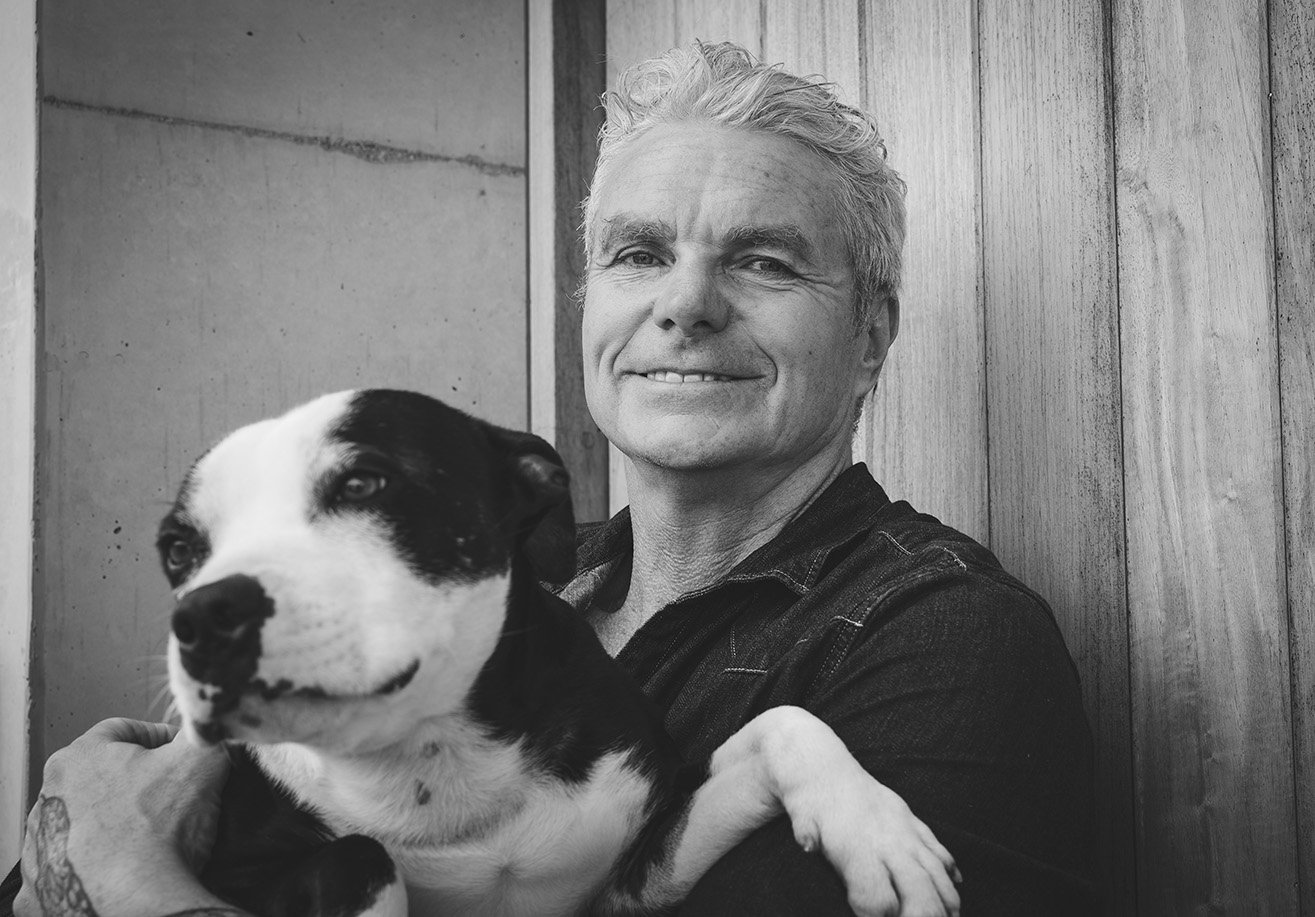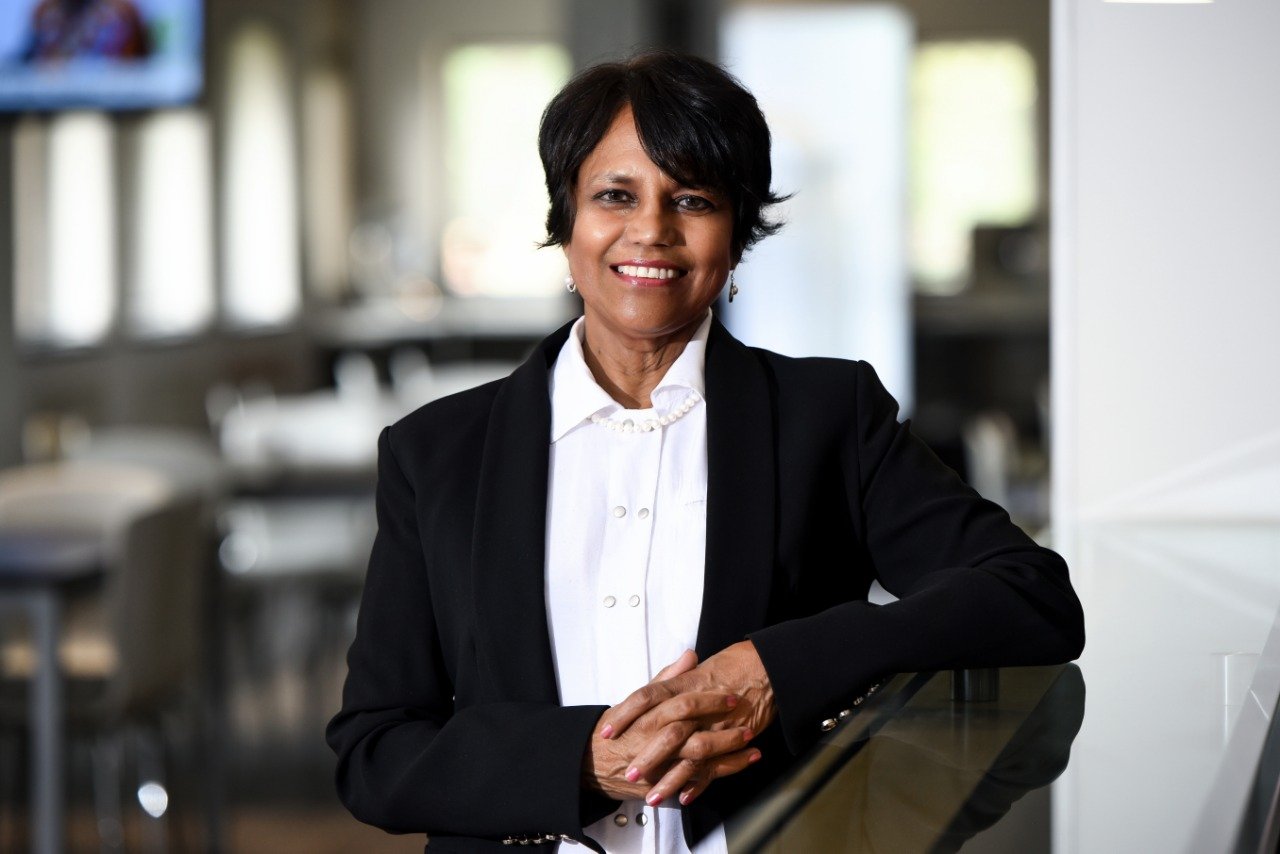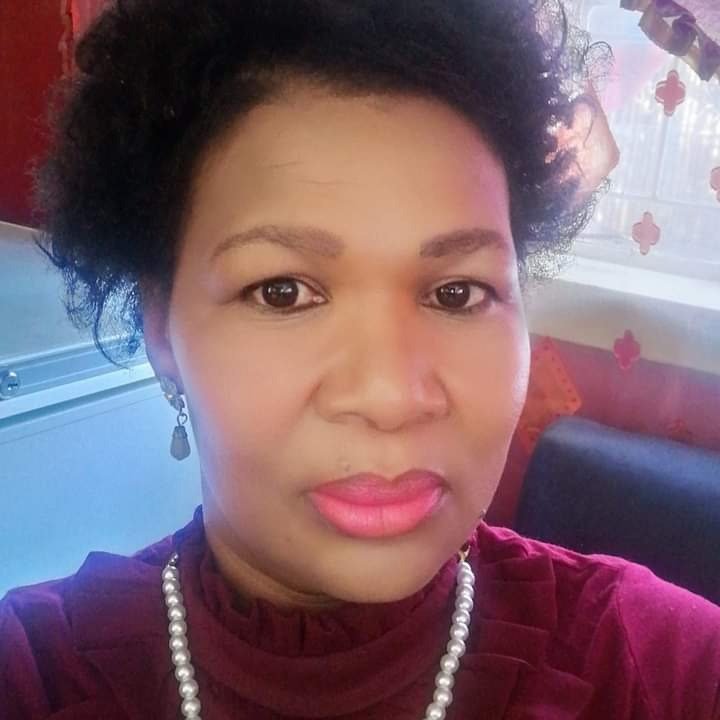Blueprint announces winners of 2022 Whistleblowing Prizes
A celebration of this year’s awards, including interviews with all five whistleblowers will be broadcast on Byline TV on Thursday, December 15, 2022 at 7pm UTC
The five winners of the Blueprint for Free Speech 2022 Whistleblowing Awards, which recognise the bravery and integrity of whistleblowers who have made a positive impact in the public interest, are awarded today, Wednesday 7 December. The recipients’ disclosures have had a global impact, revealing serious wrongdoing across the spectrum: from war crimes to financial corruption and misuse of police powers £20,000 total prize money will be shared between the recipients.
This year’s winners were chosen by a panel of three judges: Lady Sue Woodford-Hollick OBE, award winning former investigative television journalist and current businesswoman, James Catlin, a former finance journalist and now Australian barrister with particular expertise in fraud, media law, unfair trade practices and protected disclosures and Dr Suelette Dreyfus, Executive Director of Blueprint for Free Speech.
David McBride, a former British Army Captain and Australian Army lawyer, is awarded the International Prize for his fearlessness and integrity. He reported alleged war crimes by Australian special forces in Afghanistan.
Special Recognition Awards are awarded to four South African whistleblowers, who brought major ‘state capture’ corruption to book at the Zondo Commission and have drawn attention to serious wrongdoing in the police service:
Cynthia Stimpel blew the whistle on a corrupt deal at South African Airways, exposing her to surveillance and dismissal before she was vindicated by the Zondo Commission
Athol Williams’ disclosures about US-based consultancy Bain & Co formed a central plank of the Zondo commission’s investigations
Bianca Goodson’s brave public disclosure exposed the corrupt activities of the Gupta family
15-year veteran of the police force Patricia Mashale reported corruption where she worked in the police firearms department. She is currently living in hiding, in fear for her life.
A celebration of this year’s awards, including interviews with all five whistleblowers will be broadcast on Byline TV on Thursday, December 15, 2022 at 7pm UTC.
Blueprint 2022 International Whistleblowing Prize awarded to David McBride
David McBride, winner of the 2022 Blueprint International Whistleblowing Prize. Photo credit: Michelle Kaldy
A lawyer serving Australian Special Forces as well as a former Captain in the British Army, David McBride is awarded the International Prize for his steadfast integrity. He disclosed allegations of war crimes. He was arrested in 2018 and charged, and is awaiting a criminal trial in 2023. He faces a potential lifetime sentence for breaches of the Defence Act.
McBride’s conflict with his command came when he refused to prosecute Australian soldiers for an array of offences that he regarded as utterly baseless. He formed the view that his department was being used to create a busy smokescreen around a series of deeply disturbing incidents involving Australian Special Forces. He compiled a series of incident reports around the deaths of civilians and prisoners at the hands of Australian forces. He gave his report internally and when that was ignored he gave parts of it to the Australian Broadcasting Corporation (ABC) who released the 'Afghan Files' - the first insight the Australian public had into a shocking array of alleged war crimes committed in Afghanistan.
The ABC report led to an unprecedented attack from the Australian federal government on the national broadcaster. The Australian Federal Police (AFP) stormed the Sydney headquarters of the ABC in June 2019. During an eight-hour raid, the AFP seized reporters’ confidential materials. What started as hunting down the whistleblower had been transformed into a full-on assault on the media, designed to make it cower in fear.
Yet the findings of the investigation by the Inspector-General of the Australian Defence, the Brereton Report, has vindicated McBride revelations. The 2020 report into Australia’s longest war found credible information that members of the Australian Special Forces had committed war crimes during their operations in Afghanistan between 2005 and 2016. It alleged Australian soldiers were implicated in the murder of 39 Afghans in 23 separate incidents, and it recommended referrals for criminal investigation. A code of silence enabled the guilty to evade prosecution.
The Brereton Report recommended that the Chief of the Defence Force should refer 36 matters for criminal investigation and potential charges. To date not a single one of the alleged perpetrators has been charged. The only person facing jail is David McBride, the man who first alerted his command to these alleged war crimes.
This problem is not unique to Australia. The BBC’s Panorama revealed similar allegations in 2022 against certain British special forces in the same time period.
Special Recognition Awards for Cynthia Stimpel, Athol Williams, Bianca Goodson and Patricia Mashale
Winners of Blueprint Special Recognition Awards for 2022 (L-R): Cynthia Stimpel, Athol Williams, Bianca Goodson and Patricia Mashale. Cynthia Stimpel photo credit: Liz Marie Richardson
Blueprint 2022 Special Recognition Prizes are awarded to four brave South African whistleblowers, who have brought major ‘state capture’ corruption to book at the Zondo Inquiry and drawn attention to serious wrongdoing in the police service.
Cynthia Stimpel, Athol Williams and Bianca Goodson provided essential evidence about whole-of-state corruption affecting everything from the national air carrier South African Airways to the state revenue service. All suffered severe retaliation, including loss of career, job and in some cases personal safety. The fourth whistleblower, 15-year veteran of the police force Patricia Mashale, reported corruption where she worked in the police firearms department. She is currently living in hiding, in fear for her life. Her family has been attacked and shot at.
Cynthia Stimpel ran the treasury department of South African Airways (SAA) when she blew the whistle on a corrupt deal that made her the target of retaliation.
In March 2016 the airline’s board appointed an unknown finance company, BNP Capital, to advise it on raising R15 billion in funding. The company was appointed ahead of several other bidders for the contract, including major audit firms and banks.
Stimpel was asked to sign a board submission to support awarding the contract to BNP Capital without going out to tender, for a success fee of R300 million. Stimpel refused to sign. The following week she went abroad on leave, only to find that the submission had been signed in her absence.
Stimpel disclosed her concerns to officials she trusted in the national treasury. A week later she submitted a complaint to South Africa’s public ombudsman (known as the Public Protector). As the appointment of BNP Capital was imminent, she realised she could not wait for the outcome of a Public Protector investigation, so she made an external disclosure to the civic rights group, OUTA (Organisation for Undoing Tax Abuse).
Shortly afterwards SAA suspended Stimpel for unlawfully accessing and disclosing company documents. When the media got hold of the BNP Capital story, a public outcry ensued, and within weeks SAA cancelled the contract.
Stimpel was vindicated in June 2022 when the Zondo commission of inquiry into state capture released its findings. “Whistleblowers like Ms Stimpel are the final defence against corruption and state capture taking hold in SOEs,” the Zondo report concluded, lauding her commitment to stand up for what was right “at great personal cost to herself”.
Athol Williams’ disclosures about US-based consultancy Bain & Co formed a central plank of the Zondo commission’s investigations.
He was a business strategy advisor and lecturer in business ethics at the University of Cape Town when the blew the whistle on unethical and potentially corrupt practices by US-based consultancy Bain & Company in South Africa for whom he worked from 1995 to 2010.
In 2018 Bain hired him as an independent consultant after the company was accused of corruption in restructuring work it did for the South African Revenue Service. Williams was tasked with overseeing an investigation into the allegations by a law firm Bain had appointed, and to help implement remedial action.
In 2019 he resigned after publicly accusing Bain of trying to cover up their wrongdoing.
At the Zondo commission of inquiry into state capture, Williams testified how Bain had forged a secretive personal relationship with the then president, Jacob Zuma. He provided evidence that Bain had masterminded what turned out to be a highly destructive restructuring plan for the revenue service that led to an exodus of skilled senior officials, weakening its ability to fight corruption. He also provided documents outlining how Bain proposed reshaping other sectors of the South African economy, including energy and infrastructure, in a way that could aid corruption.
Of all the witnesses who testified about the revenue service, the Zondo commission singled out Williams in its appreciation for the evidence he presented, and for rejecting “numerous attempts from Bain & Co to give him large sums of money in return for his silence”.
Williams now lives in exile while continuing to speak out against corruption in South Africa and demanding those responsible be held accountable.
Bianca Goodson’s brave public disclosure exposed the corrupt activities of the Gupta family.
Bianca Goodson headed the management division of a South African financial advisory firm, Trillian Capital. Trillian was owned by Salim Essa, a close associate of the powerful Gupta family. The Guptas used their relationship with the former president, Jacob Zuma, and his family to secure shady government contracts in South Africa.
Goodson realised that her company was winning highly lucrative government consulting work thanks to Essa’s connections - for massively inflated fees - but doing very little work.
In 2017 she made an external disclosure by releasing a public statement, with supporting documents. Her statement detailed how Trillian would secure government work, pass it on to internationally recognised companies, and pocket half the proceeds.
Through this business model, the company raked in almost R600 million within a short space of time while barely lifting a finger. One particularly juicy deal, that fortunately never came to fruition, would have seen Trillian earn in the astronomical sum of R4.4 billion in advisory fees for a consulting contract McKinsey had with power utility Eskom.
The Trillian transactions are currently the subject of various fraud, corruption and money laundering investigations and prosecutions in South Africa, to which Goodson’s evidence and disclosures have made an important contribution.
Patricia Mashale was an administrative clerk working in the police firearms department in the Free State province of South Africa. In December 2020 she reported her concerns to the former national police commissioner, General Khehla Sitole. In 2020 Sitole referred the case to the head of the priority crimes division in the Free State, who appointed a task team to investigate .
According to Mashale, her complaint found its way back to the very same provincial managers she had blown the whistle on, who then retaliated. One of the police generals she had implicated opened a harassment case and obtained a protection order against her. Police officials investigating the case then seized her phone while she was at work, using what she says was a fake warrant. Next she found herself under surveillance by police officers in unmarked cars.
In January 2022 she was charged with misconduct for bringing the police in disrepute after publicly calling for the removal of the Free State police management. After 15 years of service, Mashale was dismissed after she refused to attend a misconduct hearing chaired by one of the police officials she’d implicated in corruption.
Shortly afterwards one of her former police colleagues warned her there were plans to have her arrested and tossed in jail without being registered on the prison system, and killed.
Now Patricia lives in hiding in different locations, fearing for her life. A police threat assessment confirmed her life was at risk.
A celebration of this year’s awards, including interviews with all five whistleblowers will be broadcast on Byline TV on Thursday, December 15, 2022 at 7pm UTC






